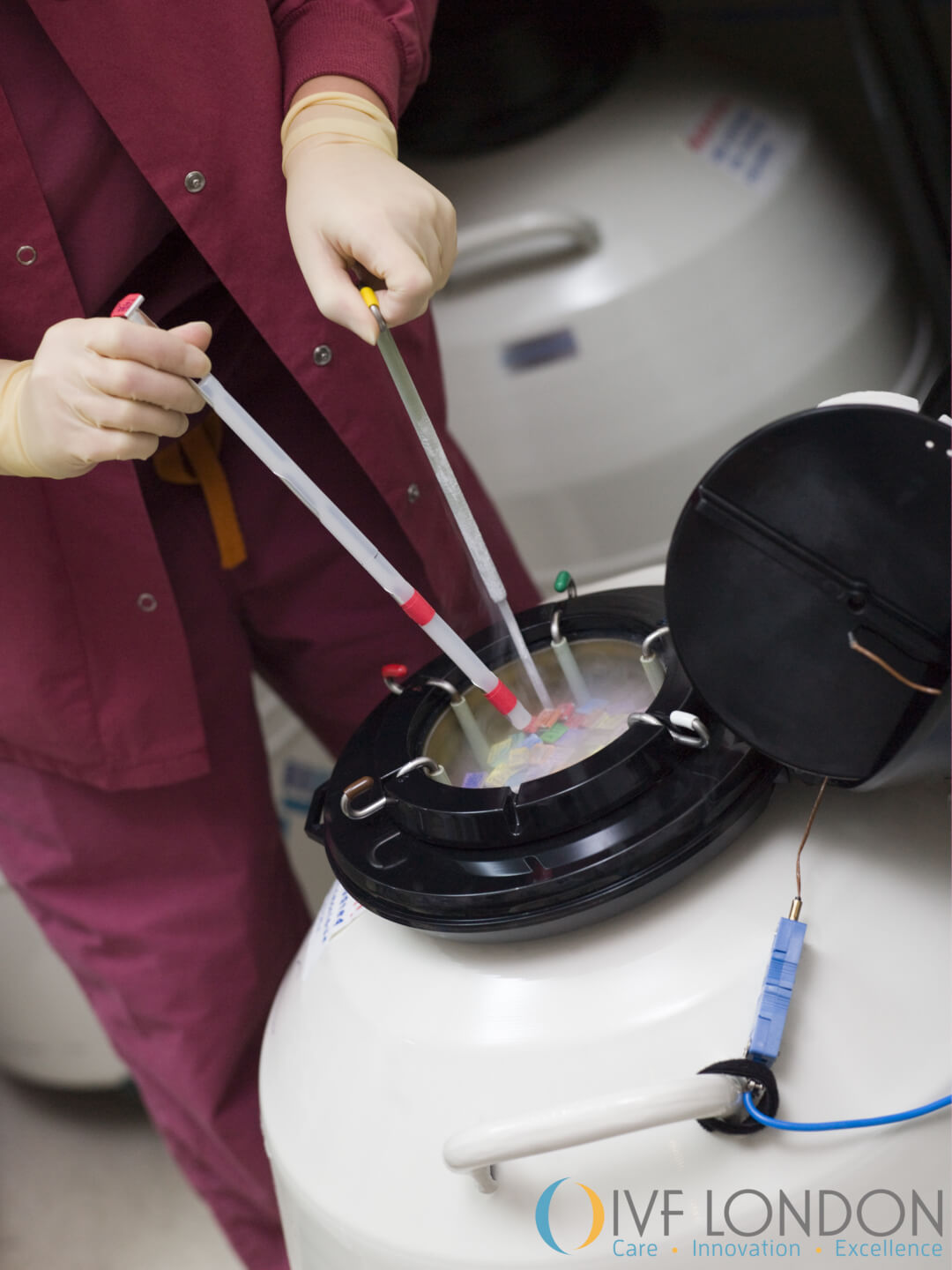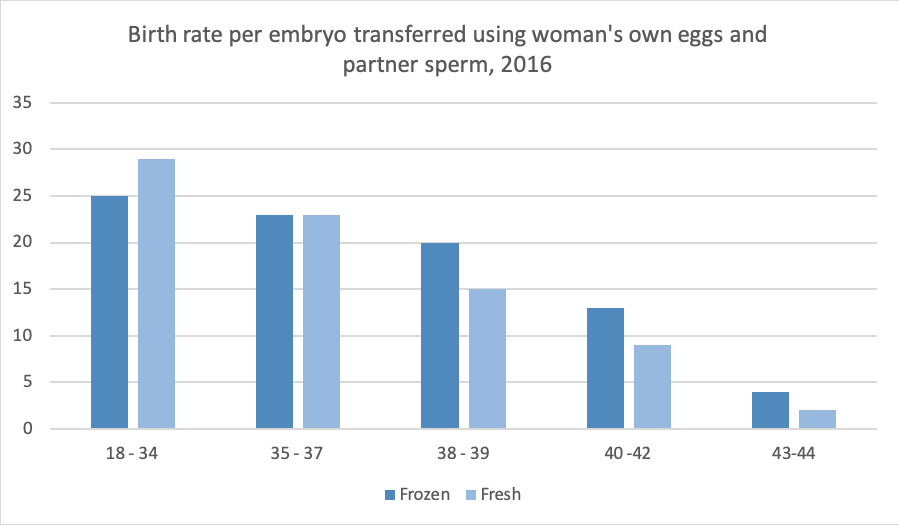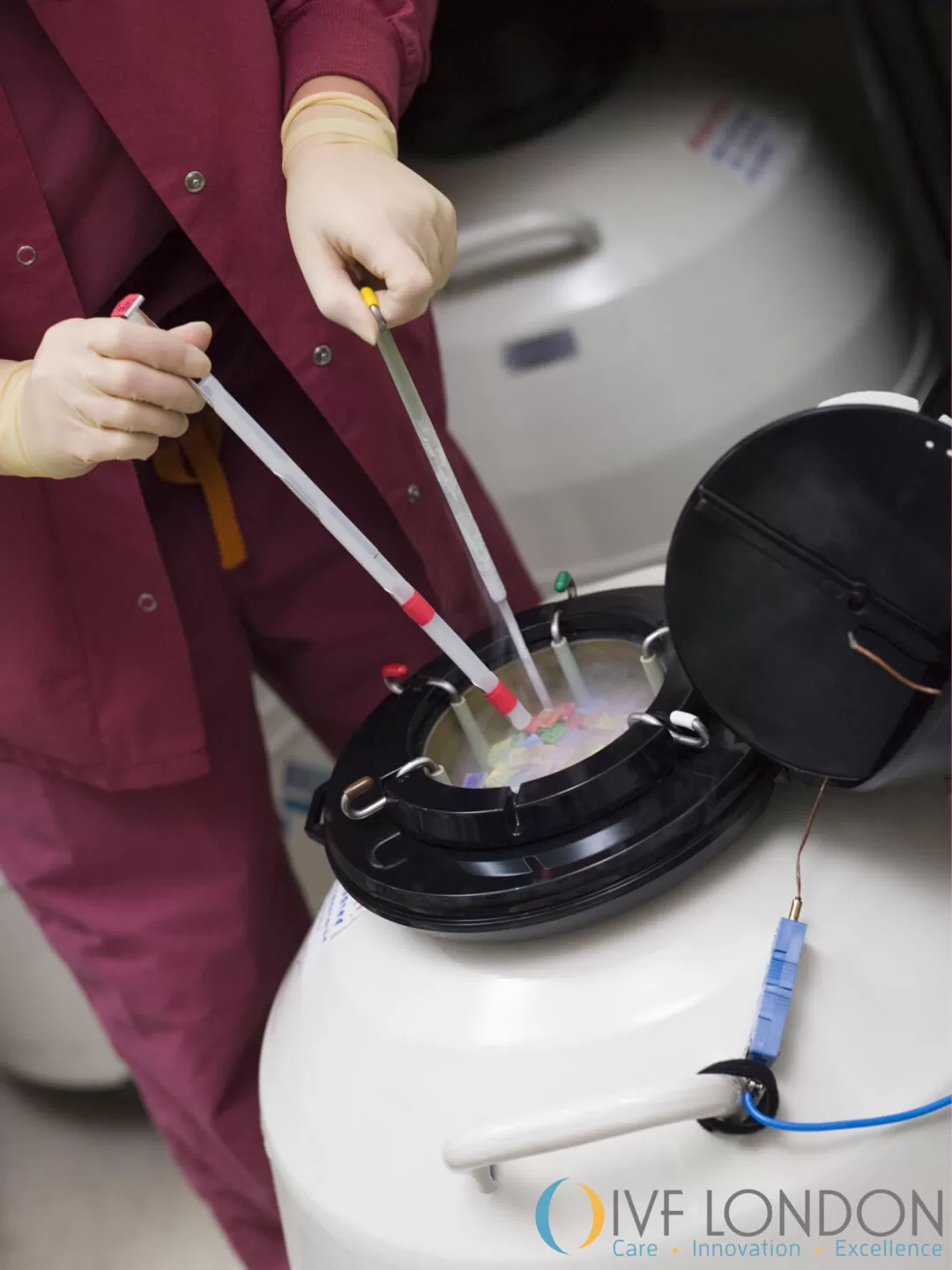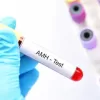FET – Frozen Embryo Transfer

This article has been submitted by Sareena Sharma, Embryologist at specialist fertility clinic, IVF London.
What is FET?
Whether you are undergoing fertility treatment or have had your eggs or embryos frozen, you will have heard of the term ‘FET’ or Frozen Embryo Transfer. The procedure is normally done in an unstimulated cycle and consists of careful monitoring and preparation of the lining of the uterus.
A lot of the times after a cycle of IVF or ICSI, you’ll find that there will be a number of successfully fertilised embryos that can be frozen and stored for your future use. Regardless of your cycles success a frozen embryo transfer can offer you another chance of pregnancy from the initial egg collection without having to go through an egg collection again. A frozen embryo transfer can be done in a totally ‘natural’ cycle or in a medicated cycle. For a natural cycle it is important to have a regular menstrual cycle.
What happens during an FET cycle?
There are four stage to an FET cycle: the initial scan & consultation; the nurse consultation; the monitoring phase; the embryo transfer.
During the initial scan and consultation, you will meet with a fertility specialist/consultant who will conduct an assessment of your case and will create a personalised treatment plan, geared towards giving you the best chance at a successful outcome.
Two weeks before the start of your menstrual cycle you will come at the clinic and attend your nurse consultation. It is here that you will go with the nurse through your personalised treatment plan to ensure that you fully understand the process and the next steps of your journey. It is also at this step that you will then go through the relevant consent form that will have to be completed. All the medications involved will be explained.
The next step after the nurse consultation is the monitoring phase. During this step you will have to undergo two to three monitoring scans, with each taking around 15-20 minutes to complete; the first scan is a baseline scan which is done after you have your period and the other two scans are done after you take 7-10 days of medications to prepare your womb to receive the embryos. Sometimes blood tests may be necessary during this phase. Once the lining of your womb has been checked and reached the desired thickness further hormonal support in the form of progesterone will be given. An embryo transfer date is then set.
The last stage comprises of the embryo transfer, the procedure itself is quite, taking between 20 – 30 minutes. Generally, the procedure does not necessitate sedation, but it is important to note that in certain cases where access in to the uterine cavity can be difficult, sedation may be required.
Why should you have an FET cycle?
There are a few other things that have to be kept in mind when deciding on doing an FET cycle.
Firstly, your embryos will not deteriorate over time whilst they are kept in storage. In fact, the frozen embryos will be kept in a state of suspended animation, which stops any deterioration from occurring. This is achieved by dehydrating the cells of the embryos by removing the water content and storing the embryos in liquid nitrogen at a temperature of -196 Celsius.
Secondly, the success rates. Initially it was believed that fresh embryos would offer a better success rate compared to using frozen embryos, but the success rate has increased significantly every year due to the relentless work of fertility researchers and embryologists around the world. It is important to note that the success rates are strongly linked to the age of the patient and embryo quality. Below you will find a graph that will give you a general understanding of FET success rates with frozen embryos compared to fresh ones. This graph has been derived from the fertility regulator’s website: the HFEA. It is important to understand that the results are based on livebirth rates and is per embryo transferred.

For Further information feel free to book a consultation with our Fertility Consultants through the online form, on 020 8207 4115 or email [email protected]








